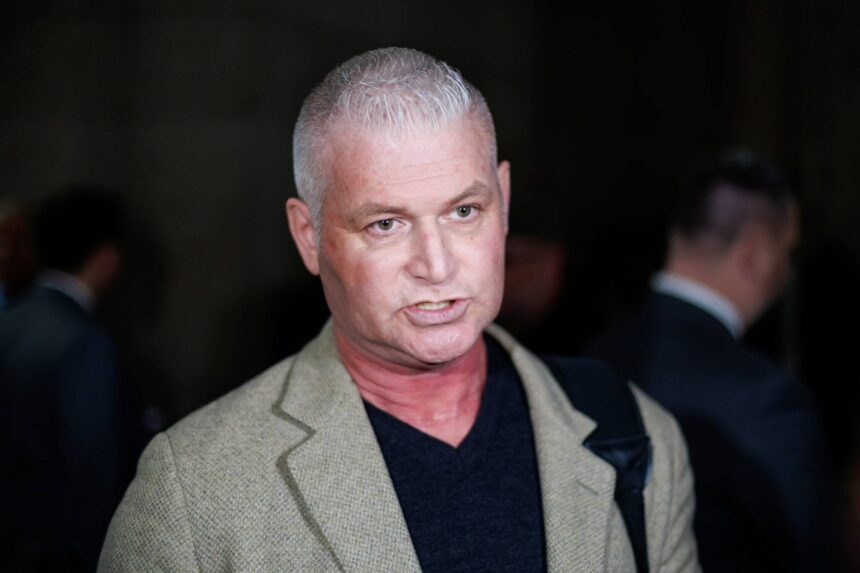The escalating war of words between Manitoba’s provincial government and Ottawa over health care funding has drawn sharp criticism from unions and advocacy groups, who warn that patients are being left in the crossfire of political finger-pointing.
At a press conference yesterday, representatives from the Manitoba Nurses Union and the Manitoba Health Coalition expressed growing frustration with what they described as “political theatre” overshadowing urgent healthcare needs across the province.
“While politicians debate who’s responsible for what, emergency rooms remain overcrowded and patients continue waiting months for essential procedures,” said Marion Gibson, president of the Manitoba Nurses Union. “Our members are working double shifts in understaffed facilities while government officials exchange blame rather than solutions.”
The controversy intensified last week when Premier Dylan Richards accused the federal government of shortchanging Manitoba by $650 million in health transfers compared to other provinces. Federal Health Minister Carolyn Bennett countered that Manitoba has mismanaged its healthcare budget, pointing to provincial spending choices rather than funding shortfalls.
Healthcare advocacy groups have documented concerning trends amid the political standoff. The Manitoba Health Coalition released data showing average emergency room wait times have increased 22% over the past year, while surgical backlogs have grown by an estimated 15,000 procedures since January.
“This blame game is absolutely destructive to healthcare delivery,” said Dr. Thomas Reimer, health policy analyst at the University of Manitoba. “The evidence clearly shows that jurisdictional disputes between governments typically result in implementation delays and reduced service quality.”
Public health experts note that Manitoba faces unique challenges, including serving a geographically dispersed population with high rates of chronic conditions. According to Statistics Canada, Manitoba has the highest provincial rates of diabetes and hypertension, placing additional strain on the healthcare system.
“Healthcare systems function best when federal and provincial governments collaborate rather than compete,” explained healthcare economist Priya Sharma. “Successful models in other provinces demonstrate that clear accountability frameworks with shared objectives yield better outcomes than adversarial approaches.”
Community organizations are now mobilizing to pressure both levels of government. The Manitoba Association of Senior Citizens has announced plans for a province-wide petition calling for a formal agreement on healthcare priorities and funding responsibilities.
As political tensions continue, healthcare workers remain caught in the middle. Emergency room nurse James Kowalski expressed the frustration felt by many frontline staff: “We’re doing everything possible to provide quality care with limited resources. But every day, we face impossible choices about which critical needs to address first.”
As Manitoba’s healthcare crisis deepens, the fundamental question remains: will political leaders prioritize scoring points against each other, or will they finally commit to the collaborative approach needed to address the province’s growing healthcare challenges?










